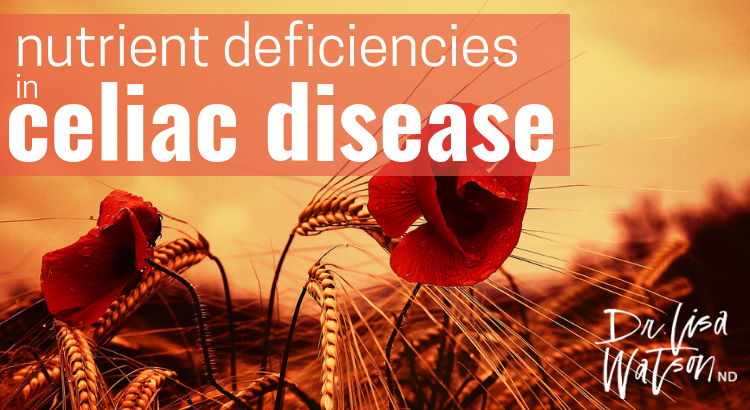Celery may be a delicious addition to soups (and mighty tasty slathered with almond butter) but did you know that it a heart healthy food?
Lisa Watson
As a Naturopathic Doctor my focus is on uncovering potential imbalances that may be contributing to the development of disease. With alopecia areata there are often multiple factors that must be addressed – nutrient deficient diets, stress, poor immune function and hormone imbalances being the most common.
Weight loss requires more than just calorie restriction and increased activity. Most often there are hormonal imbalances which are leading to cravings for high-fat or high sugar foods, encouraging our body to store fat around our abdomen and hip, and preventing our body from burning fat.
It’s back-to-school time again! An exciting time for parents and kids – and the viruses and bacteria that are heading back to school with them! Here are my top ten tips for boosting your child’s immune system for back-to-school!
So much emphasis is placed on the treatment of female infertility – but with up to 40% of infertile couples struggling with male infertility it’s time for men to understand how they can improve their chances of becoming fathers.
The incidence of gestational diabetes (carbohydrate intolerance that is first identified during pregnancy) is increasing. With up to 10% of pregnancies affected this is becoming a major health concern in North America.
What we eat can impact our thyroid health in both positive and negative ways. Learn which foods support healthy thyroid functioning and which ones can interfere with thyroid health.
Traditional Chinese Medicine (TCM) views health as a state of balance between all of the systems of the body. In terms of fertility there are four organ systems – Kidney, Spleen, Heart and Liver that, when unbalanced, can lead to infertility.
As women we experience approximately 500 menstrual cycles in our lifetime. Impressive, isn’t it! But when we miss our period for 3 months and we are not pregnant, breastfeeding or menopausal then we have amenorrhea (absence of menses)
Celiac disease is more than an intolerance to gluten. It is an immune-mediated condition where the immune system attacks and damages the microvilli in the small intestine after dietary exposure to gluten. The damage to the intestinal cells also prevents the body from absorbing nutrients from food, resulting in malnourishment and symptoms of anemia, weight loss, and fatigue.










